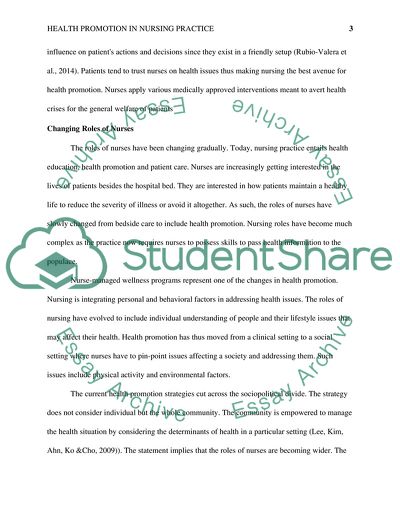Cite this document
(Health promotions in nursing practice Essay Example | Topics and Well Written Essays - 1000 words, n.d.)
Health promotions in nursing practice Essay Example | Topics and Well Written Essays - 1000 words. https://studentshare.org/nursing/1840970-health-promotions-in-nursing-practice
Health promotions in nursing practice Essay Example | Topics and Well Written Essays - 1000 words. https://studentshare.org/nursing/1840970-health-promotions-in-nursing-practice
(Health Promotions in Nursing Practice Essay Example | Topics and Well Written Essays - 1000 Words)
Health Promotions in Nursing Practice Essay Example | Topics and Well Written Essays - 1000 Words. https://studentshare.org/nursing/1840970-health-promotions-in-nursing-practice.
Health Promotions in Nursing Practice Essay Example | Topics and Well Written Essays - 1000 Words. https://studentshare.org/nursing/1840970-health-promotions-in-nursing-practice.
“Health Promotions in Nursing Practice Essay Example | Topics and Well Written Essays - 1000 Words”. https://studentshare.org/nursing/1840970-health-promotions-in-nursing-practice.


